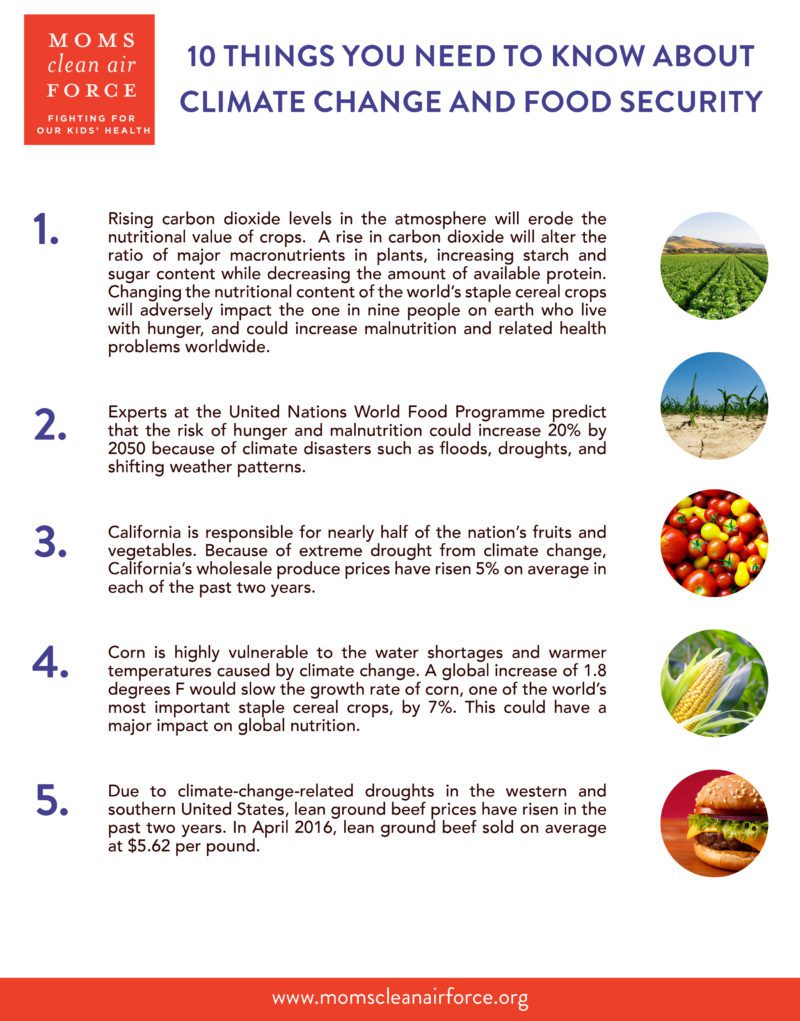Climate change is one of the most significant global issues of our time, and its politics can be complex. This article lists ten things we should know about the politics of climate change. From recognizing that it is a political issue and that political perspectives vary, to understanding that international cooperation is necessary and public opinion can drive political action, this article provides insights into key components of addressing climate change. It highlights that grassroots activism can be a powerful force for driving political change and underscores that climate change is not only a scientific and economic issue but also a social justice issue that requires political will and sustained effort over time.
10 Things to Know About the Politics of Climate Change
Climate change is one of the most pressing global issues of our time. The politics of climate change can be complex, as there are many different perspectives on the issue. Here are 10 things to know about the politics of climate change.
1. Climate change is a political issue
While climate change is a scientific issue, it is also a political issue. Political leaders must make decisions about how to address the issue, and their decisions can have a significant impact on the environment and the economy.
2. Political perspectives on climate change vary
Different political parties and ideologies have different perspectives on climate change. Some view it as a serious threat that requires urgent action, while others may be more skeptical of the science behind climate change or prioritize economic growth over environmental concerns.
3. International cooperation is necessary
Climate change is a global issue that requires international cooperation to address. Countries must work together to reduce greenhouse gas emissions and mitigate the impacts of climate change.
4. Climate change is an economic issue
Addressing climate change can have significant economic implications. Some argue that reducing greenhouse gas emissions could have a negative impact on economic growth, while others believe that transitioning to a low-carbon economy could create new jobs and stimulate economic growth.
5. There are different approaches to addressing climate change
There are a variety of approaches that can be taken to address climate change, including reducing greenhouse gas emissions, investing in renewable energy, and adapting to the impacts of climate change.
6. Climate change is a social justice issue
The impacts of climate change are not evenly distributed, and often fall disproportionately on marginalized communities, such as low-income communities and communities of color. Addressing climate change involves addressing issues of social justice and equity.
7. Political will is necessary to address climate change
Addressing climate change requires political will and leadership. Without political will, it can be difficult to mobilize the resources and support necessary to address the issue effectively.
8. Climate change is a long-term issue
Climate change is a long-term issue that requires sustained effort over a period of years and decades. It will take time to transition to a low-carbon economy and mitigate the impacts of climate change.
9. Public opinion influences political action
Public opinion can influence political action on climate change. When public concern about climate change is high, political leaders are more likely to take action to address the issue.
10. Grassroots activism can drive political change
Grassroots activism can be a powerful force for driving political change on climate change. Organizations and movements that engage citizens and build public support for action on climate change can help to shape political agendas and policies at local, national, and international levels.
Conclusion
Addressing climate change is a complex and multifaceted issue that requires political leadership, international cooperation, and sustained effort over time. Understanding the politics of climate change can help to inform public discussions and debates about the issue, and can help to drive political action to address this urgent global challenge.
